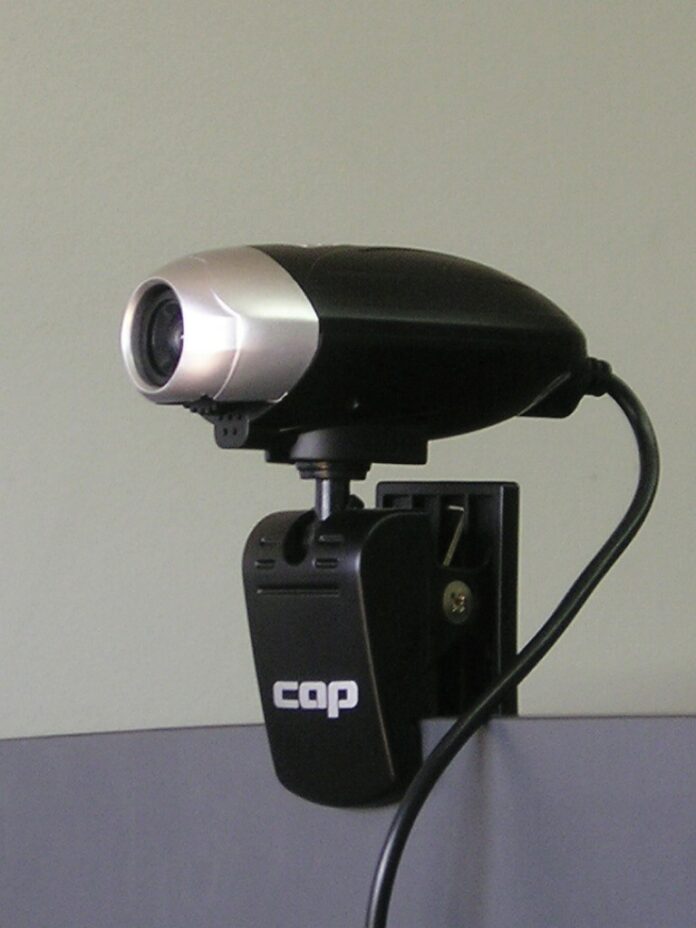In the midst of the continuing conversation about Edward Snowden, the former CIA and NSA employee who leaked information about the government spying on U.S. citizens, the New York Police Department has been found using less than ethical practices with surveillance as well.
After 9-11, the NYPD, according to reports in many major papers, employed four CIA agents to track suspected terrorists. However, because one of these agents was on a leave of absence, he had, according to a story from The Atlantic, “no limitations.”
Following the news stories on data-mining and government spying has been interesting on many levels. Discovering just how closely the public is watched and realizing that many conspiracy theorists have been right after all seems to have blown our minds. But how surprised should we really be? There are complaints about private companies providing information to the government, but in an age of oversharing trackable information online, it’s no surprise the government is watching.
Of course, there’s also that pesky Patriot Act.
We put so much information out there, forgetting that our social profile impacts us in the real-world—and forgetting that once it’s out there, it’s out there for good. This is not a new concept, but the issues are getting more relevant as more interaction takes place online. The phrase “what happens in Vegas stays in Vegas” can be adapted to say “What happens on the internet stays on the internet—forever.”
The California Senate believes this to be true, particularly for youth. In May, the senate unanimously passed an online privacy bill aiming to protect children from themselves. It included provisions for giving minors an “eraser button” with the ability to permanently delete “content or information” supplied to websites and apps. Sounds great. But who knows if this is even viable?
While I believe Snowden did a huge service in revealing the NSA’s reach, that the government lied about these surveillance programs is more disturbing than their existence in the first place. If the technology is there, it’s unlikely the government will stop using it. People ask over and over, what can be done, why aren’t there protests?
If you don’t want the government watching you, the best protest is to go offline, where they can’t see.









